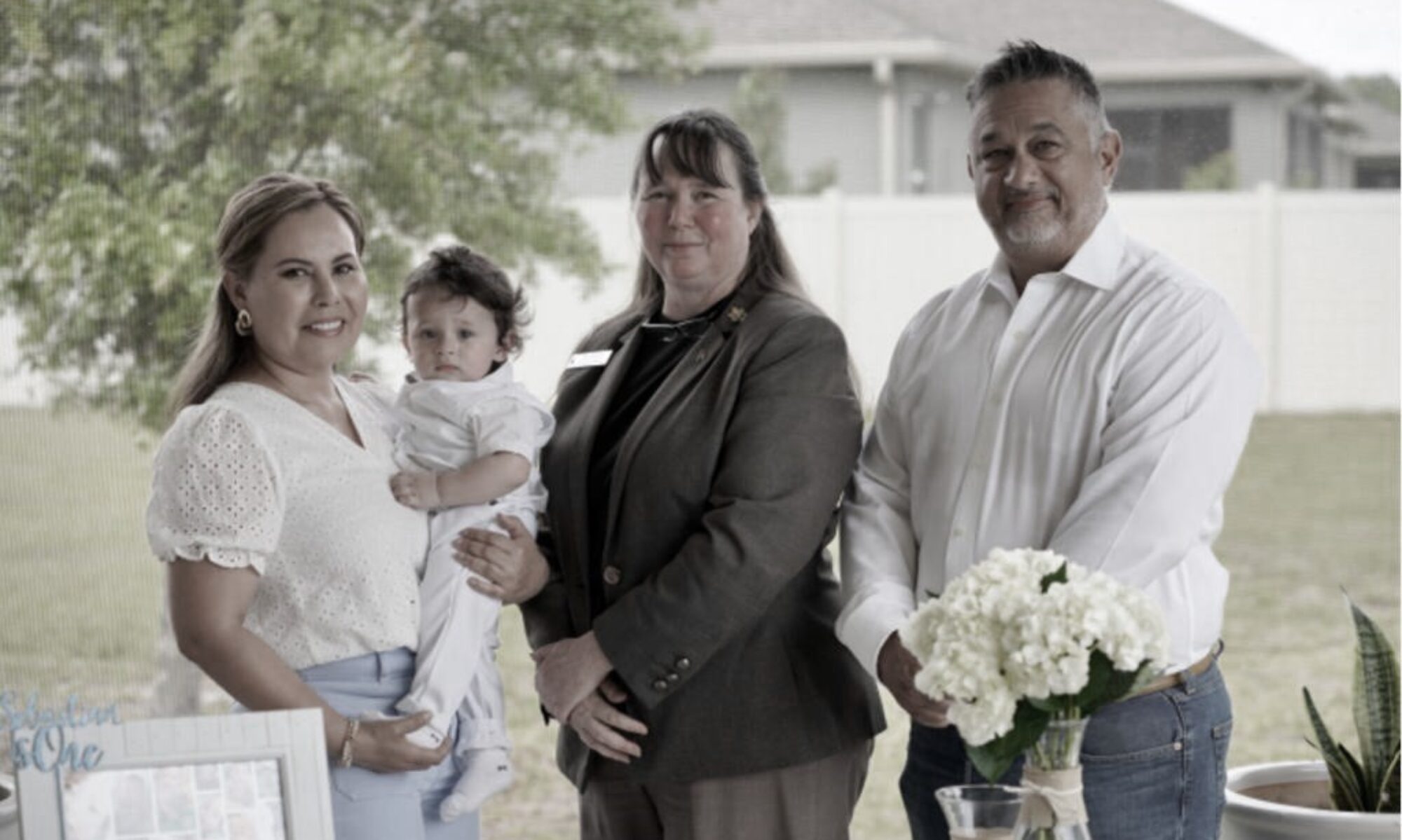While sometimes used interchangeably, there are differences in how the term “officiant” and “celebrant” may be used and perceived.
First, when viewed as the same denotatively (e.g., someone qualified to perform an official ceremony), the term “Officiant” is more common in the United States, while “Celebrant” is more common in other parts of the world, However, Celebrancy in general and Humanist Celebrancy specifically are growing professions with specific qualifications, training, and endorsement. The term “Celebrant” is becoming more common & recognized in the US.
Officiant
“Officiant” may be more commonly used in association with a Notary service. Officiants might be thought of as someone who shows up, conducts a ceremony from a script, signs any legal paperwork, and leaves. In my Notary business, i use the term “Officiant”. That efficient, no-hassle service is exactly what some are looking for.
Officiants usually only perform wedding ceremonies where a license must be signed and filed.
Celebrant
A Celebrant may be endorsed by a program or school dedicated to developing celebrants and providing certification and accreditation. They are equipped to provide meaningful, authentic ceremonies for the clients they serve.
Celebrants are qualified to provide consultations, composition, and officiation for a variety of important ceremonies, such as
- Invocations or readings for events or public meetings
- Weddings, pre-commitments, vow renewals, or divorce ceremonies
- Children & Youth ceremonies such as baby namings, youth coming-of-age ceremonies, or adoption ceremonies
- Transgender naming ceremonies
- Health, recovery, and sobriety milestones
- Other personal or community milestones, celebrations, or ceremonies
- Funerals, celebrations of life, living funerals, and other end-of-life ceremonies (including final rites or sitting with individuals at the end of thier life)
Humanist Celebrant
Humanist Celebrants are trained and certified as celebrants. They can serve anyone of any perspective, but are of the Humanist tradition and will only use secular language.
Humanism is a progressive philosophy of life that, without theism and other supernatural beliefs, affirms our ability and responsibility to lead ethical lives of personal fulfillment that aspire to the greater good of humanity.
From Humanism and Its Aspirations
Humanist Celebrants are further recognized as clergy in all states and many countries, being accorded the same rights and privileges granted by law to priests, ministers, and rabbis of traditional theistic religions. This recognition includes the right to solemnize weddings in the eyes of the state.
Humanist Celebrants provide a meaningful alternative to traditional religious weddings, memorial services, and other life cycle events. We are trained to help humanists through the most important times in life including birth, love, loss, morality, and mortality.
We can further provide Humanist consultations to families regarding Humanist issues, such as Humanist values discussions or blending Humanist (non-religious) values and language with religious traditions in a ceremony inclusive of diverse participants/audiences. We can provide education to individuals and audiences about Humanism.
Serving the community as Humanist Clergy, we can provide visits to Humanists in hospitals or hospice care, prisons, shelters, and other places where clergy often provide support, guidance, and comfort.
We meet with families to compose a ceremony that is meaningful, personal, and professional with a humanist approach.
Learn more about Humanist Celebrants at The Humanist Society.
Visit Humanist Celebrant Orlando.




Hello, thank you for sharing. Though separate by distance and cultural believes/upbringing . I like reading and getting to understand the Humanism philosophy more.